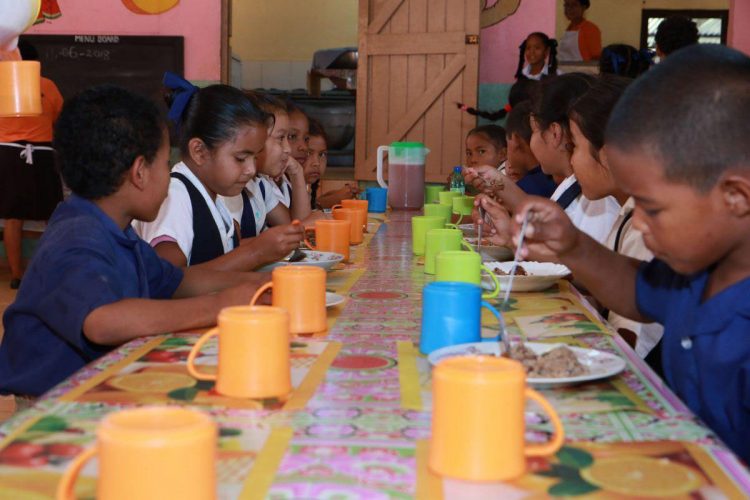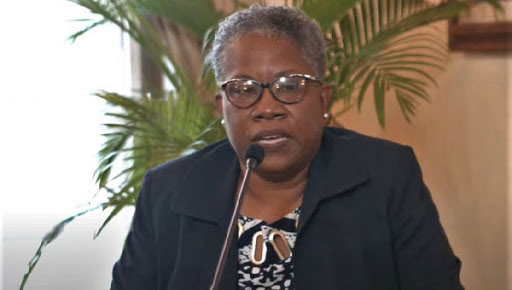The Ministry of Education in Barbados has secured the support of a number of regional agencies in support of the rolling out in the island’s upcoming 2021-22 academic year of a School Nutrition Policy designed to support the nutritional needs of schoolchildren in the Caribbean Community (CARICOM) member country.
A report in last Sunday’s edition of the Barbados Advocate quotes the island’s Chief Education Officer Joy Adamson, who is also responsible for Technical and Vocational Training, as saying that the new policy will include a review of the menus of the country’s School Meals Department, that will place particular emphasis on health-related activity in schools and on providing advice to parents on how to prepare healthy meals and encourage their children to consume healthy foods.

The initiative which comes on the heels of yet another report regarding diseases consistent with ill-advised dietary regimes that are prevalent in the region also saw Ms. Adamson acknowledging that students are consuming meals that are high in fat, sugar and salt. While taking account of these considerations, the Ministry of Education in Barbados is also reportedly focussing on ensuring that the meals provided are both wholesome and appealing to children, she says. Barbados’ National Nutrition Centre has provided the Ministry with technical assistance in reviewing the school meals with a view to ensuring that they are more appealing to children.
And in this the International Year of Fruits and Vegetables (IYFV) Adamson disclosed that “vegetables and legumes will be incorporated into the protein or starch to ensure that the students are receiving the vitamins, minerals and fibre that are often missing from their meals.” Going forward, according to the Barbadian Chief Education Officer, meals provided for children will include fruit and vegetable salads since the Ministry believes that children should acquire the taste for consuming fruit and vegetables in their raw form. The National Nutrition Centre will also be providing advice on the correct portion sizes, by age, for the children.
“We are seeking to reduce the sugar-sweetened beverages sold at schools. It must be noted that a bottle of sugar-sweetened beverage can have as many as 16 teaspoons in one bottle. The amount of sugar that a child should consume in a day is no less than six teaspoons,” Adamson is quoted as saying.
In order to manage nutrition-related issues canteen concessionaires are receiving training on an ongoing basis. One such session is due to start at the commencement of the next school year. The Ministry of Education is also reportedly targeting the start of the next school year for the introduction of a range of new and healthier school meals, including beverages with less sugar.
“The Ministry of Education is the driving force of change among the youth. We are aware that health and education are intertwined. Schools cannot obtain their primary mission of developing students academically socially, and physically, if students are unhealthy,” Adamson is quoted as saying.
The initiative by the island’s Ministry of Education, the Chief Education Officer says, comes in the wake of reports that a third of the island’s young people are overweight and that Type 1 diabetes and elevated blood pressure are increasing among young people.
Adamson also reportedly asserted that the advent of the COVID-19 pandemic had contributed to binge eating and to living a more sedentary lifestyle on account of on-line and virtual schooling.








